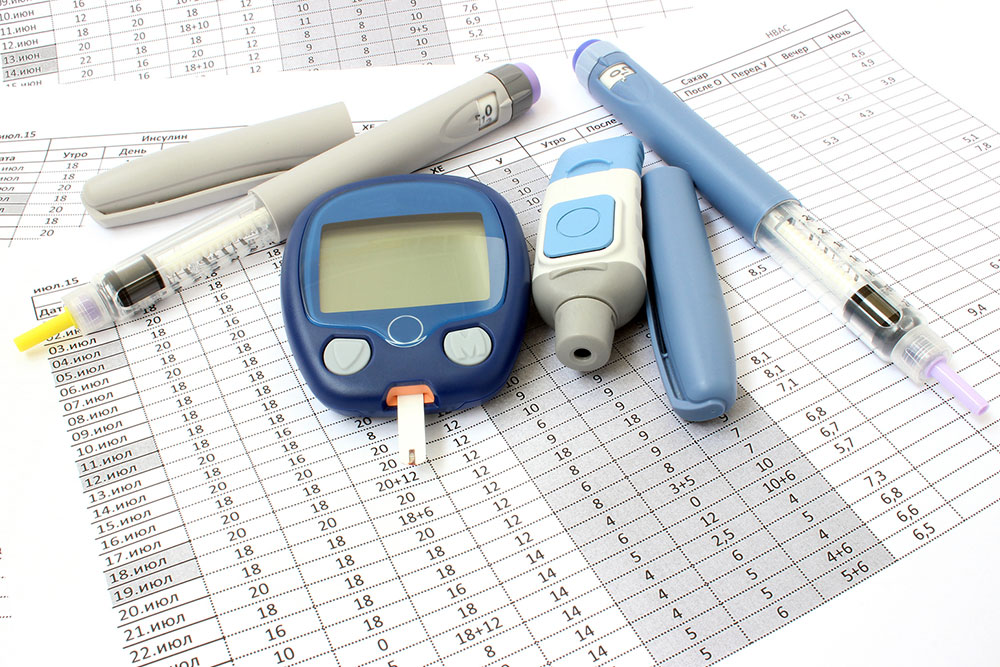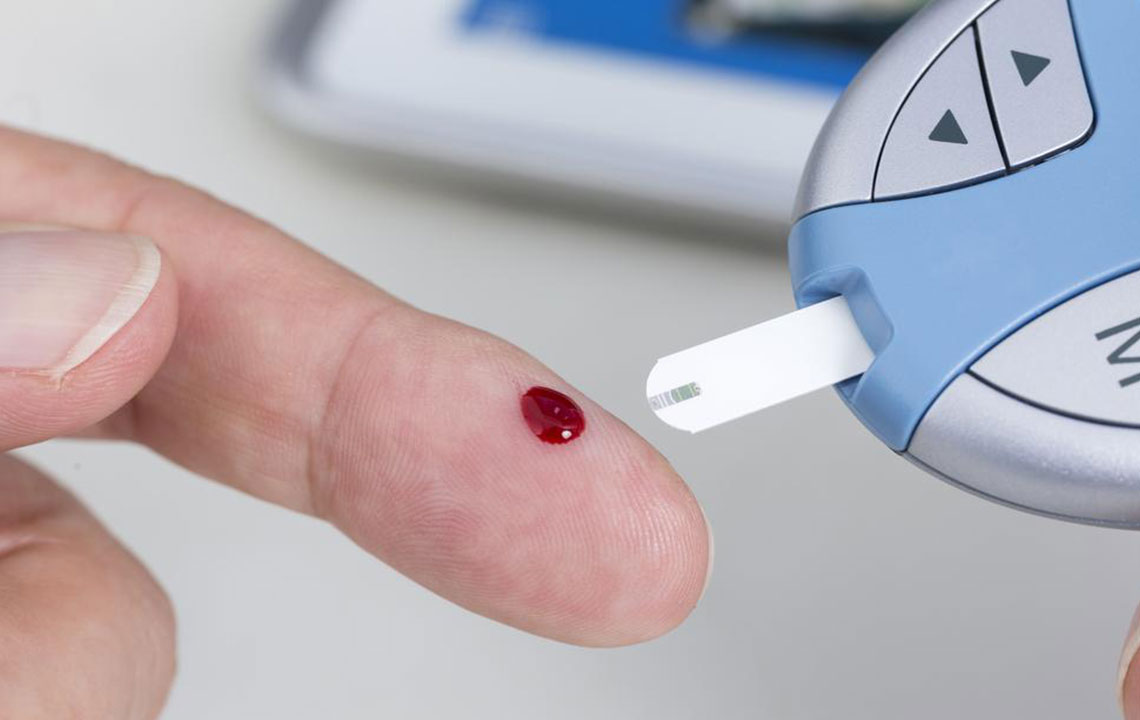Natural Strategies to Effectively Manage Diabetes at Home
Discover comprehensive natural methods to effectively manage diabetes at home. From diet adjustments and exercise to stress reduction and hydration, learn how lifestyle choices can help control blood sugar levels and improve overall health. This detailed guide emphasizes sustainable strategies for diabetes prevention and management, empowering individuals to take charge of their well-being naturally.

Comprehensive Natural Methods for Managing Diabetes from Home
Diabetes mellitus has emerged as a prevalent chronic condition affecting millions worldwide, crossing all age groups and demographics. The rise in sedentary lifestyles, poor dietary habits, lack of physical activity, and mounting stress levels are significant contributors to this health concern. If left unaddressed, and if reliance is solely on medication without lifestyle modifications, individuals risk severe complications such as cardiovascular disease, nerve damage, kidney failure, and vision loss.
Preventing or Controlling Diabetes: Is It Possible Naturally?
While genetic predisposition plays a role, lifestyle choices are among the most impactful factors in the development and management of diabetes. Elevated blood sugar levels, or hyperglycemia, typify this ailment, and once diagnosed, it necessitates diligent long-term management, combining medical intervention with natural strategies.
Luckily, numerous home-based, natural approaches can support blood sugar regulation without heavy reliance on medications. These methods not only help control hyperglycemia but also contribute to overall wellness, weight management, and disease prevention.
Effective Natural Approaches to Maintain Healthy Blood Glucose Levels:
Implement Regular Physical Activity
Engaging in consistent exercise routines such as brisk walking, cycling, swimming, dancing, or hiking is vital. Physical activity enhances insulin sensitivity, enabling muscles to absorb glucose more efficiently, thereby assisting in maintaining optimal blood sugar levels. Regular movement also aids in weight management and boosts overall cardiovascular health. Setting achievable activity goals and integrating exercise into daily routines can markedly improve diabetes management and ward off disease progression.
Maintain a Healthy Weight
Achieving and sustaining a normal weight is fundamental in controlling blood sugar. Research indicates that a modest weight loss of approximately 7% can decrease the risk of developing type 2 diabetes by over 50%. A balanced diet paired with physical activity helps reduce visceral fat, which is closely linked to insulin resistance. Keeping track of weight changes and adopting sustainable lifestyle habits are crucial steps toward preventing or managing diabetes effectively.
Reduce Carbohydrate Intake
Carbohydrates significantly influence blood sugar levels. Adopting a diet with controlled carbohydrate intake helps prevent spikes after meals. Portion control, meal planning, and choosing complex carbs over refined sugars are essential strategies. Utilizing tools such as food diaries and carbohydrate counting can empower individuals to maintain stable glucose levels throughout the day.
Increase Dietary Fiber Consumption
Dietary fiber plays a pivotal role in blood sugar regulation by slowing the digestion and absorption of carbohydrates. Incorporate high-fiber foods like whole grains (oats, brown rice, quinoa), legumes (beans, lentils), vegetables, and fruits into your diet. Higher fiber intake not only improves glycemic control but also promotes satiety and digestive health, supporting weight loss efforts and overall well-being.
Stay Adequately Hydrated
Proper hydration is essential for maintaining healthy blood sugar levels. Drinking sufficient water aids in flushing toxins and excess glucose through urination. Avoid sugary drinks, sodas, and processed beverages that can elevate blood sugar and contribute to weight gain. Infusing water with slices of lemon, cucumber, or herbs can make hydration more enjoyable, encouraging consistent intake.
Practice Portion Control and Mindful Eating
Small, balanced meals distributed throughout the day help prevent overeating and support weight control. Use smaller plates, avoid eating in front of screens, and listen to hunger cues. Keeping a food journal and reading food labels can facilitate better food choices. Eating slowly and chewing thoroughly enhances digestion and helps in realizing fullness cues, reducing the tendency to overconsume.
Manage Stress Effectively
Chronic stress elevates cortisol levels, which can increase blood sugar and hinder insulin effectiveness. Incorporating stress relief techniques such as yoga, meditation, deep breathing exercises, or hobbies can significantly reduce stress. Ensuring adequate sleep hygiene is also vital, as poor sleep is linked to insulin resistance and increased cravings for unhealthy foods. Building a balanced lifestyle that addresses mental health is as essential as physical health in diabetes management.
By adopting these natural, home-based strategies, individuals can take proactive steps to control and potentially improve their diabetes condition. Combining dietary modifications, physical activity, stress reduction, and hydration promotes not only blood sugar stability but also overall health and vitality. Always consult with healthcare professionals before making significant changes, especially if on medication or managing other health conditions.





